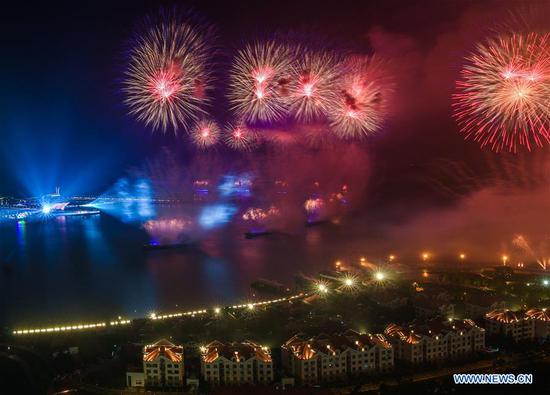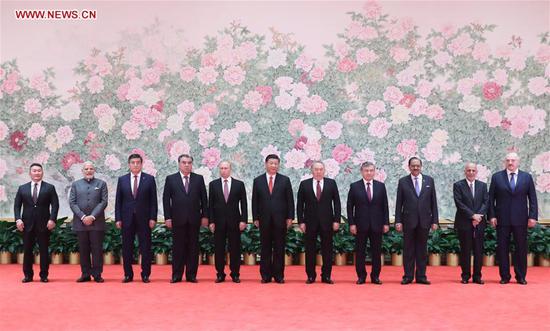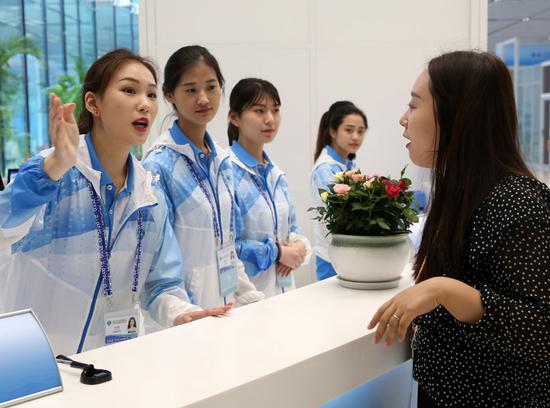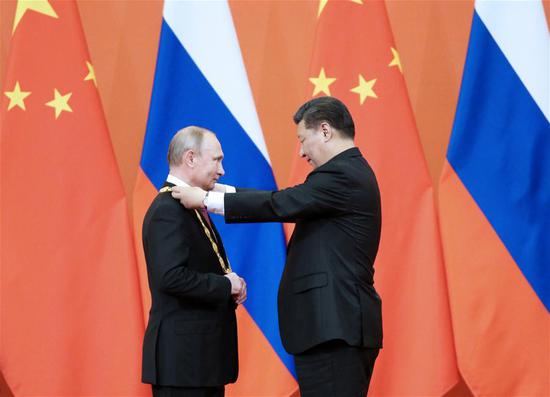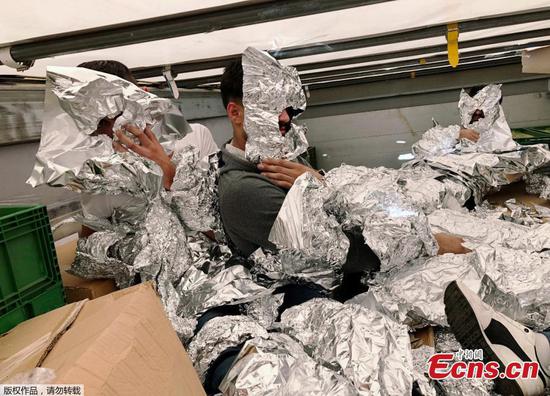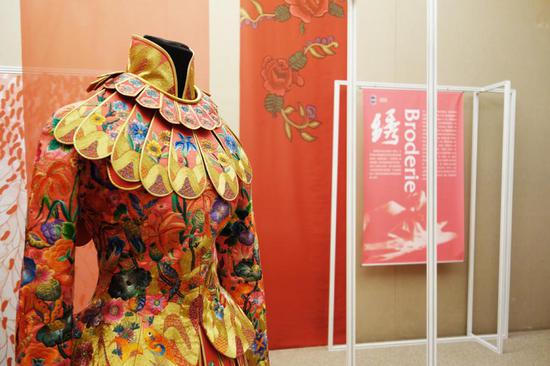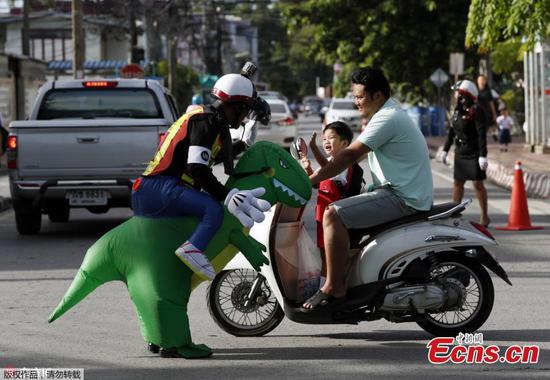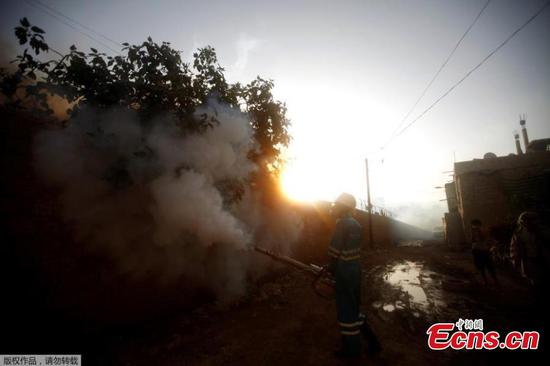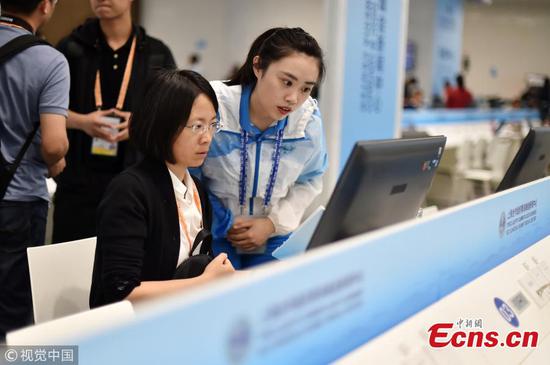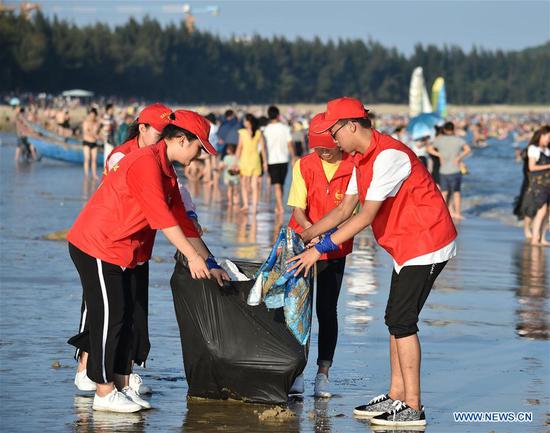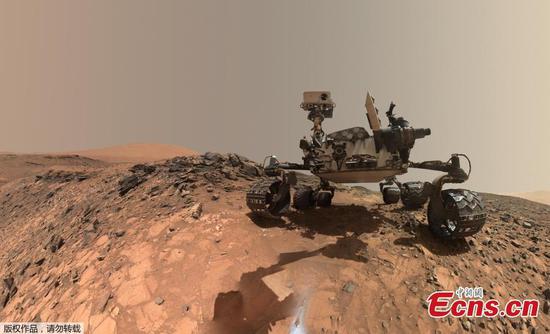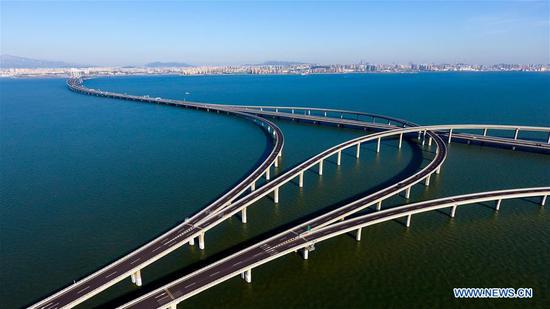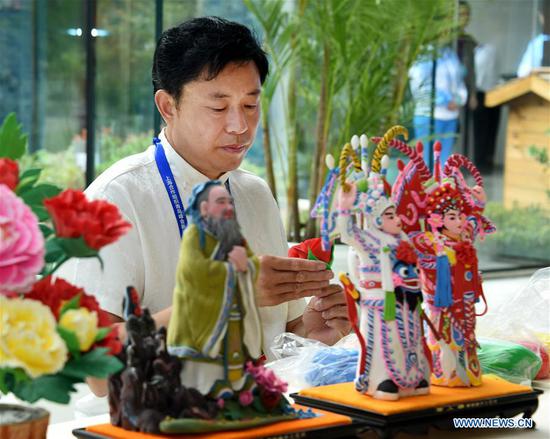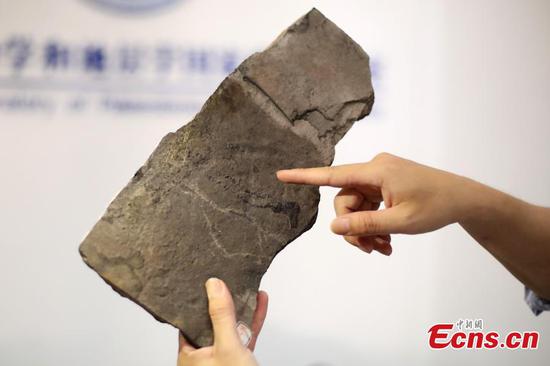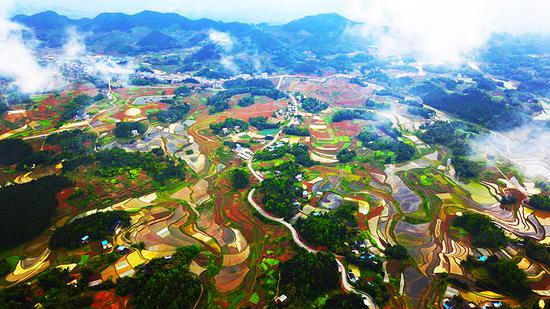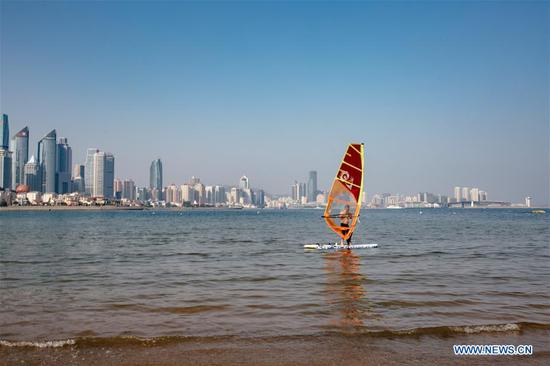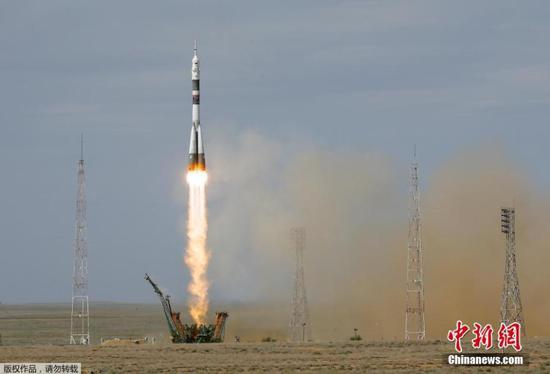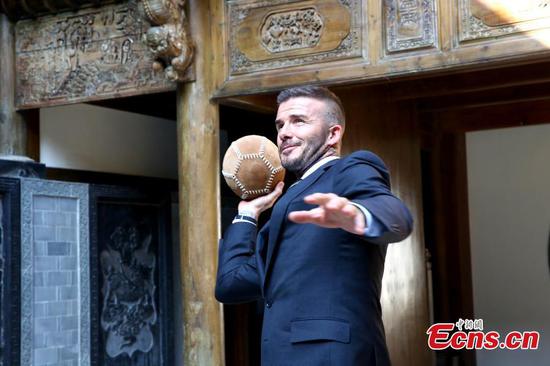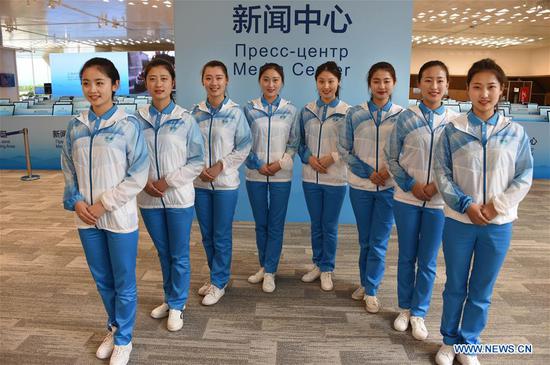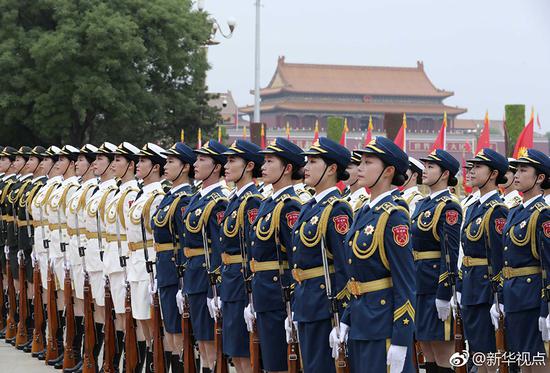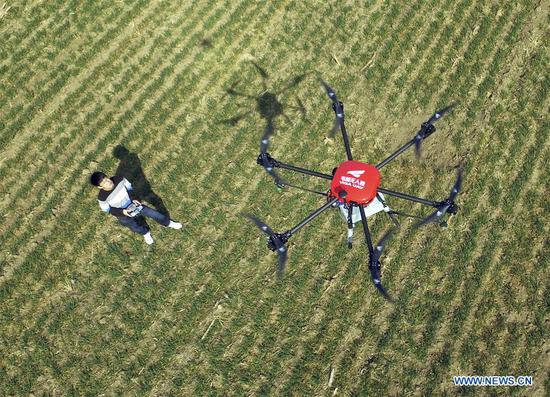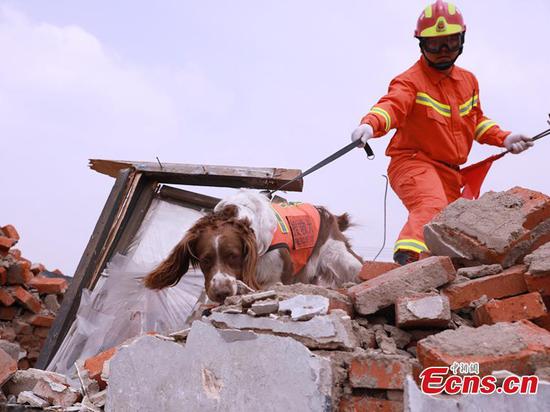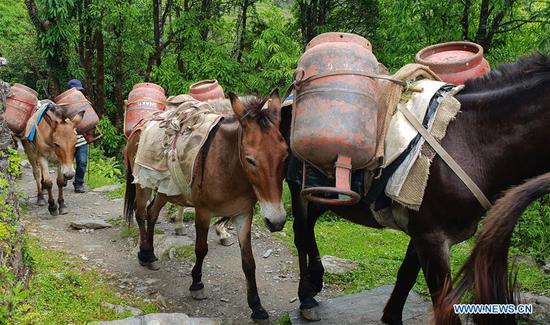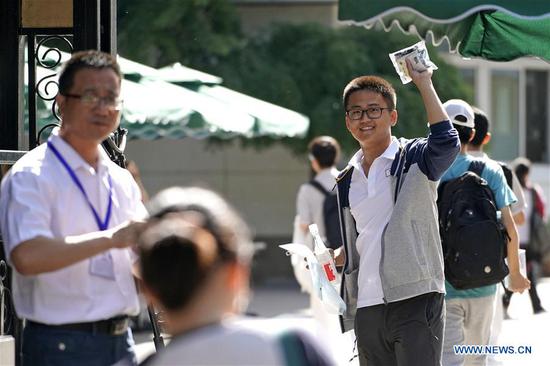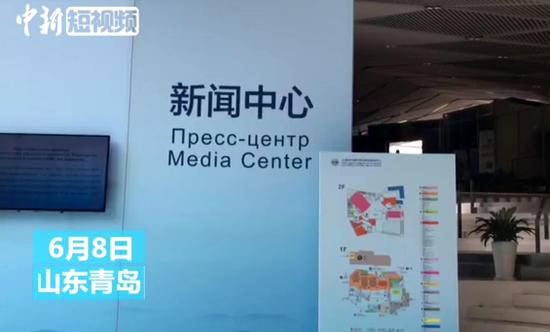Two senior White House officials on Sunday blasted Canadian Prime Minister Justin Trudeau over his earlier statements during the just concluded Group of Seven (G7) summit.
Trudeau announced on Saturday that all G7 members had endorsed the joint communique; however, he noted that the U.S. tariffs are "insulting" and Canada "will not be pushed around."
The remarks have enraged U.S. President Donald Trump. He tweeted hours later that he had instructed U.S. representatives not to endorse the G7 joint communique "based on Justin's false statements at his news conference, and the fact that Canada is charging massive Tariffs to our U.S. farmers, workers and companies."
Saying Trudeau is "dishonest & weak," he also threatened "tariffs on automobiles flooding the U.S. Market!"
Also in response, Larry Kudlow, director of the White House's National Economic Council, said on Sunday in an interview with CNN that Trudeau betrayed Trump with "polarizing" statements on U.S. trade policy.
He added that Trudeau's statement risked making Trump look weak before his meeting with Kim Jong Un, the top leader of the Democratic People's Republic of Korea (DPRK) in Singapore.
"He really kind of stabbed us in the back," he said, adding Trump "is not going to let a Canadian prime minister push him around on the eve of this ... he is not going to permit any show of weakness on the trip to negotiate with North Korea."
Saying Trudeau's statements are "amateurish" and "sophomoric" only "for domestic consumption," Kudlow said it was Trudeau's remarks that had prompted Trump to pull out of the joint communique.
"He held a press conference and he said the U.S. is insulting. He said that Canada has to stand up for itself. He says that we are the problem with tariffs. The non-factual part of this is - they have enormous tariffs," Kudlow said. "Don't blame Trump. It was Trudeau who started blasting Trump after he left, after the deals had been made."
Trump's trade adviser Peter Navarro also lashed out on Sunday at Trudeau's statements, saying they represent "bad faith."
"There is a special place in hell for any for leader that engages in bad faith diplomacy with President Donald J. Trump and then tries to stab him in the back on the way out the door and that's what bad-faith Justin Trudeau did with that stunt press conference, that's what weak, dishonest Justin Trudeau did," Navarro told "Fox News Sunday."
Trump "did the courtesy to Justin Trudeau to travel up to Quebec for that summit. He had other things, bigger things, on his plate in Singapore. ... He did him a favor and he was even willing to sign that socialist communique. And what did Trudeau do as soon as the plane took off from Canadian airspace? Trudeau stuck our president in the back. That will not stand," he noted.
Trump's decision to withdraw his support for the communiqué has drawn sharp criticism from Germany on Sunday.
"In a matter of seconds, you can destroy trust with 280 Twitter characters," German Foreign Minister Heiko Maas said when asked about Trump's decision. "We have seen this with the climate agreement or the Iran deal."
Canada's Foreign Minister Chrystia Freeland spoke against the United States over its tariffs on steel and aluminum on Friday during the Group of Seven (G7) summit in Charlevoix, Quebec.
"Canada will not change its mind when it comes to the illegal and absolutely unjustified application of tariffs on steel and aluminum, not only coming from Canada, but on the steel and aluminum sold by all the G7 allies who are assembled here, to the United States," Freeland said in a news conference at the summit.
Noting the U.S. imposition of tariffs was officially stated as a national security consideration, Freeland said: "We are very clear that Canada does not pose a national security threat to the United States. On the contrary, as part of the U.S. law, we are part of the national defense base of the United States."
"Canada has already raised cases at the WTO and at NAFTA, and we will retaliate," she said. "But we say that with great sadness."
Last week, Canada hit back at Trump administration by announcing retaliatory tariffs on up to 16.6 billion Canadian dollars (12.8 billion U.S. dollars) worth of U.S. steel and aluminum as well as a diverse list of other products. Those countermeasures are set to take effect on July 1.
James Brander, an international trade expert at the University of British Columbia in Vancouver, said Freeland's comments were meaningful.
"I think she is outlining Canada's actual position and is outlining actual steps that have been taken and are being taken," he told Xinhua in an interview.
G7 includes the seven leading industrialized countries of Britain, the United States, France, Germany, Italy, Japan and Canada.











